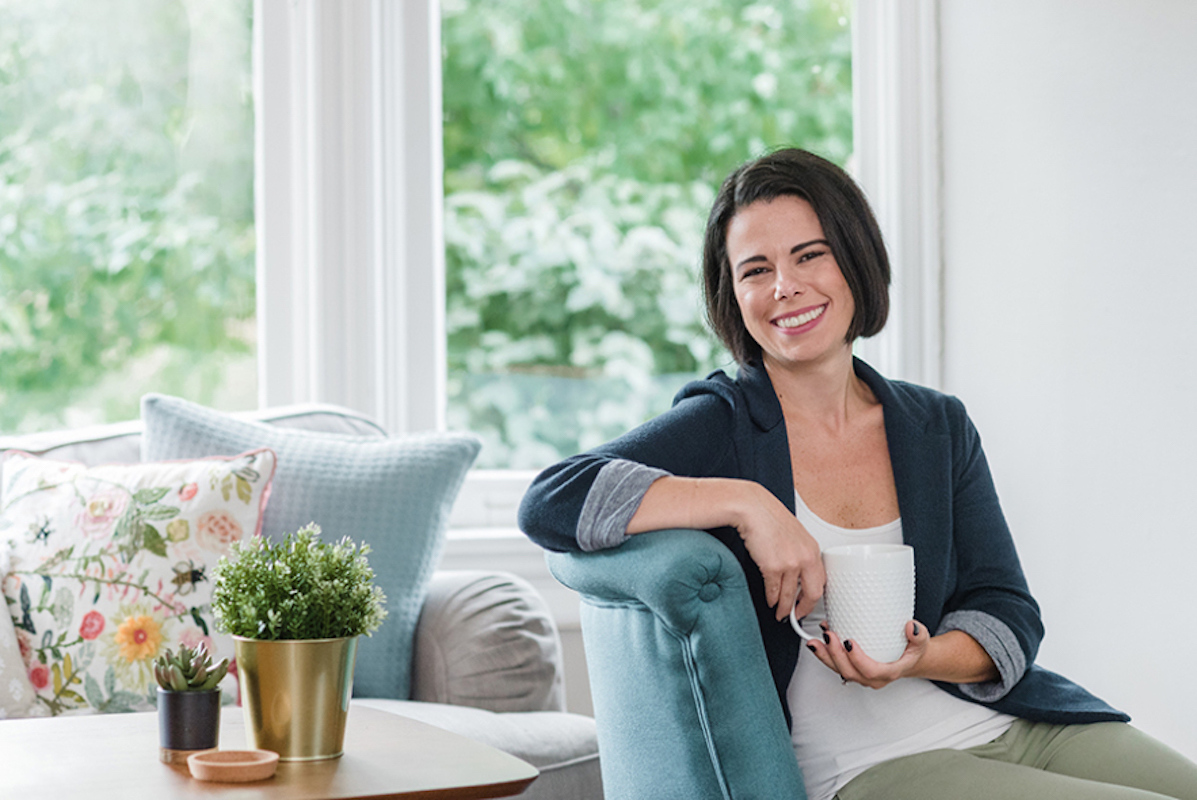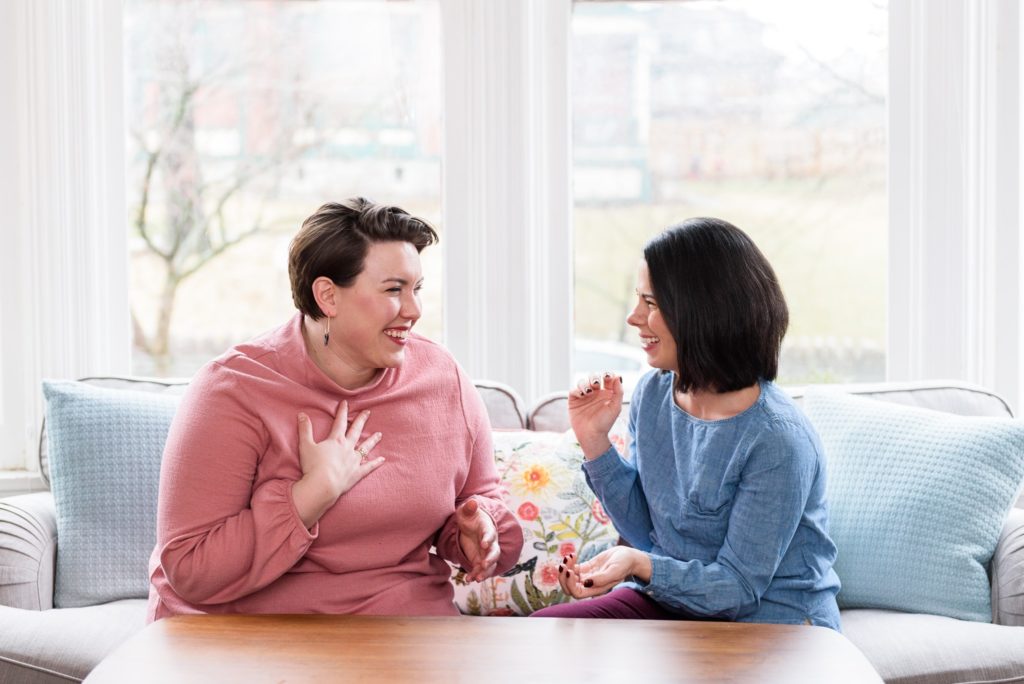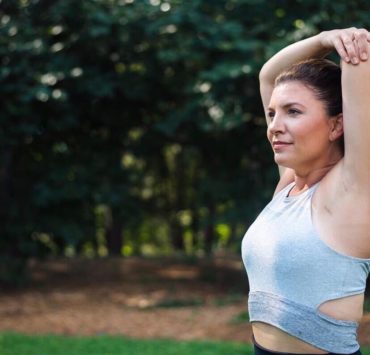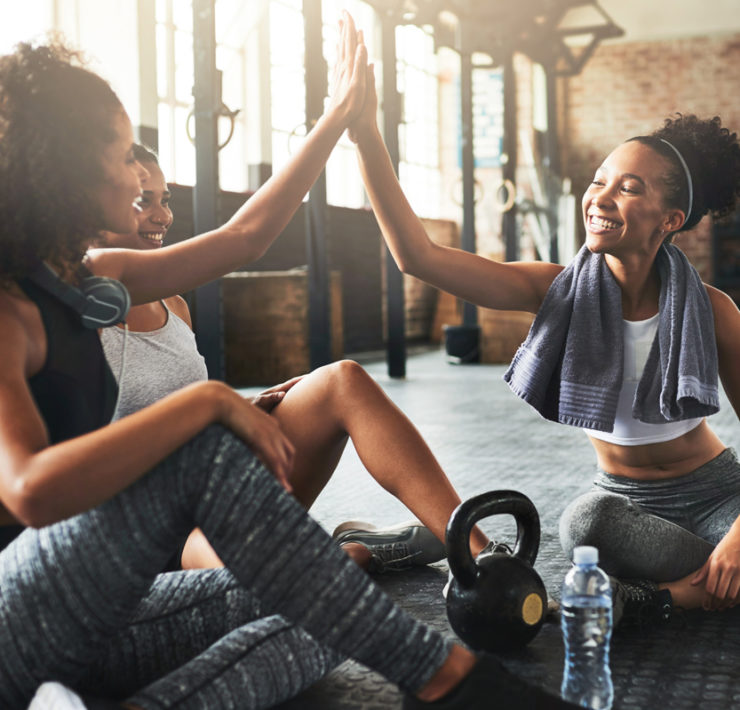Covid Anxiety? Tools to Ease Your Anxious Mind from Galia Collaborative

Dr. Ashley Solomon is a clinical psychologist and the founder…
Job insecurity (or loss), economic instability, loss of routine, the potential for ending up in a hospital, worry for your loved ones, juggling work and kids, no Lysol?!? If you get anxious just reading that list, then you are definitely… human.
Even if you have struggled with anxiety in the past, the current situation is most certainly not business as usual. We are facing so many threats to our bodies and minds right now that our brains don’t even know where to start trying to process them.
I’d love to offer a quick fix, a way to calm your nerves and give you total zen, but just like we won’t see a vaccine for some time, we have to also recognize that finding our peace is going to be a work in progress as well.
However, there are a few tools that I want suggest as we wade through the pandemic anxiety of 2020. The great news is that if we start practicing them now, they will get incorporated into our routine and serve as well, even when the world goes back to “normal” — whatever that is!
Recognize how anxiety shows up in your body
For many of us, anxiety shows up not in our worried thoughts, but in our physical bodies. Consider what most children say when they feeling fearful of going to school: “My belly hurts!”
And for good reason; our brain and our gut are intricately linked, meaning that anxiety is often experienced as digestive issues and other GI concerns. In addition, anxiety can manifest through headaches, blurred vision (it’s not just all the Zoom meetings), fatigue, heart palpitations, and skin changes, among others.
If you’re noticing that your body is experiencing some uncomfortable changes, consider if the root may be stress and anxiety. If it is, the process works backwards too. Engaging in body-based strategies, like deep breathing to slow your heart rate, help lower your stress as well.
Ask yourself if your thoughts are serving you right now
In times of significant stress, our minds are full of conversation. They might be telling us that we had better worry about our job, Grandma Jane, and the fact that we haven’t even read a book during quarantine!
Our mind will be our mind, no matter how much we tell it to quiet down. It’s job is to be full of thoughts, so it ends up just doing it’s job a little too well.
Rather than get into a battle of wills with your brain, a more effective — and less exhausting — strategy is to ask yourself whether the thought you are having is serving you right now. Is it helping you to worry? If not, it doesn’t matter if it’s true or false; the thought can stay in your brain, but you won’t be giving it attention.
A similar question you can ask yourself is whether the thought is bringing you closer to or farther from the things that are important to you. For example, if your thought is that you’ll never get anything done by working from home, consider if that thought is bringing you closer to being productive or slowing you down.
If it doesn’t serve you, thank the thought and show it to the door.

Stay home, but stay social
You know how important it is to maintain social connection, right? I know you do, but let’s review.
Social connection doesn’t just mean video conference happy hours. It also means cultivating space for meaningful interactions and sharing experiences. There’s no doubt that this can be hard to do remotely, but there are so many creative opportunities we can tap into to do this.
Schedule one on one conversations with a good friend. Take an online fitness class with your sister so that you’re sharing the experience. Heck, pull out that “conversation starters for couples” pack that’s been sitting in your drawer and get to talking.
There’s no factor more important to our mental and physical health than healthy social connectedness, so if you’re going to invest somewhere, make it here.
Cut back on the caffeine (I know…)
I’ll make this short and sweet because I know I sound like a jerk saying it. But really, caffeine is only going to amplify the racing heart, sped up mind, and jitteriness that comes with anxiety. You don’t have to ditch the java altogether; just keep it reasonable to a cup in the morning and perhaps another later and avoid it close to bedtime.
Try implementing one or two of these techniques over the next week and stay tuned for a follow-up article with further suggestions for decreasing COVID-19 anxiety.
If you or are a loved one are experiencing symptoms of anxiety that are interfering with your life, please reach out for help. We at Quidwell recommend any of the providers at Galia Collaborative. You can learn more here.
Dr. Ashley Solomon is a clinical psychologist and the founder of Galia Collaborative, an organization that helps purpose-driven women elevate their impact and mental wellness through therapy, coaching, and content. She blends her scientific acumen, her warm style, and her real-life wisdom to help people during challenge points in their lives. She's committed to busting the stigma of mental health and helping people heal, grow, and lead.


